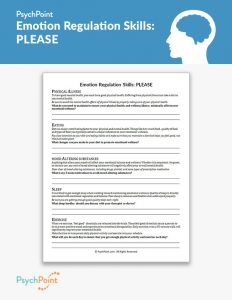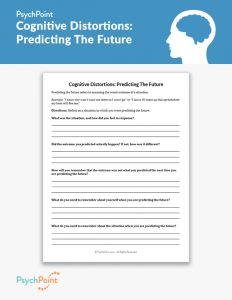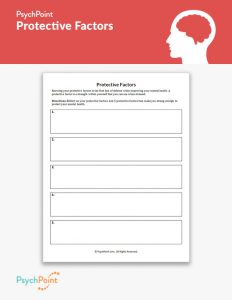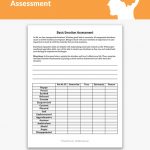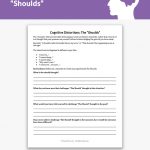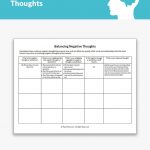Wheel Of Emotions For Kids Worksheet
Worksheet updated on March 18th, 2022
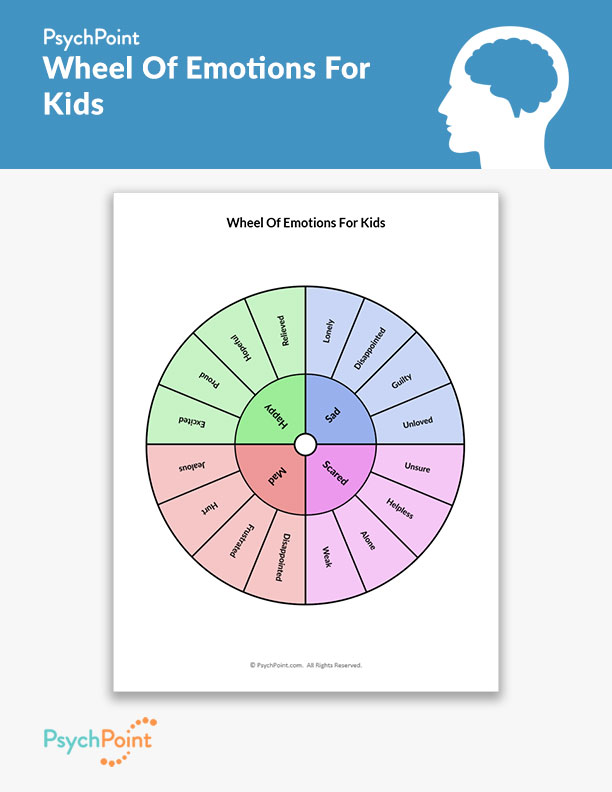
It is important to encourage children to understand and embrace their emotions at an early age. Children who develop emotional intelligence can learn how to cope with uncomfortable feelings at an early age. That way, they develop a level of identity and self-awareness that will help them develop a healthy relationship with themselves and with others.
Helping a child feel in touch with their emotions promotes empathy, healthy communication, and emotional awareness. All of these promote a well-rounded child with a healthy sense of self-esteem.
Emotions can be triggered in many different ways. A child needs to understand how they are affected by their emotions and how to express them properly. A great way to help a child express how they feel is to help them understand what they are feeling, even if it is more than one emotion at a time.
About This Worksheet
This is the Wheel Of Emotions For Kids worksheet. On this worksheet, emotions are represented through feeling words. There are a total of 20 emotions, separated by two levels of feeling. The Wheel Of Emotions For Kids worksheet uses basic and related emotions to illustrate how a child can feel more than one emotion at a time.
The Wheel Of Emotions For Kids worksheet is great for children up to 12 years old. It can be used in individual counseling sessions, family sessions, and group counseling. This worksheet can be helpful for kids who struggle with expressing how they feel, or who struggle with anxious feelings and low self-esteem.
Instructions
To introduce the worksheet, explain to the child what emotions are and why it is important to know how to express how they are feeling. Explain that it is okay to not always know how they are feeling, and offer the worksheet as a guide to help them understand their emotions.
Use the Wheel Of Emotions For Kids worksheet by letting the child pick a feeling word from the inner circle. Then help the child choose a feeling word from the same colored section in the outer circle.
To help teach ways to communicate feelings, you can prompt the child with sentences, like:
- “I feel ____ because I feel ____”
- “I am _____ because I feel ____”
- “This situation makes me feel ____ and ____”
If you are seeing the child in a family setting, provide a copy of the worksheet to their caretakers to aid in the at-home practice of identifying feelings.

